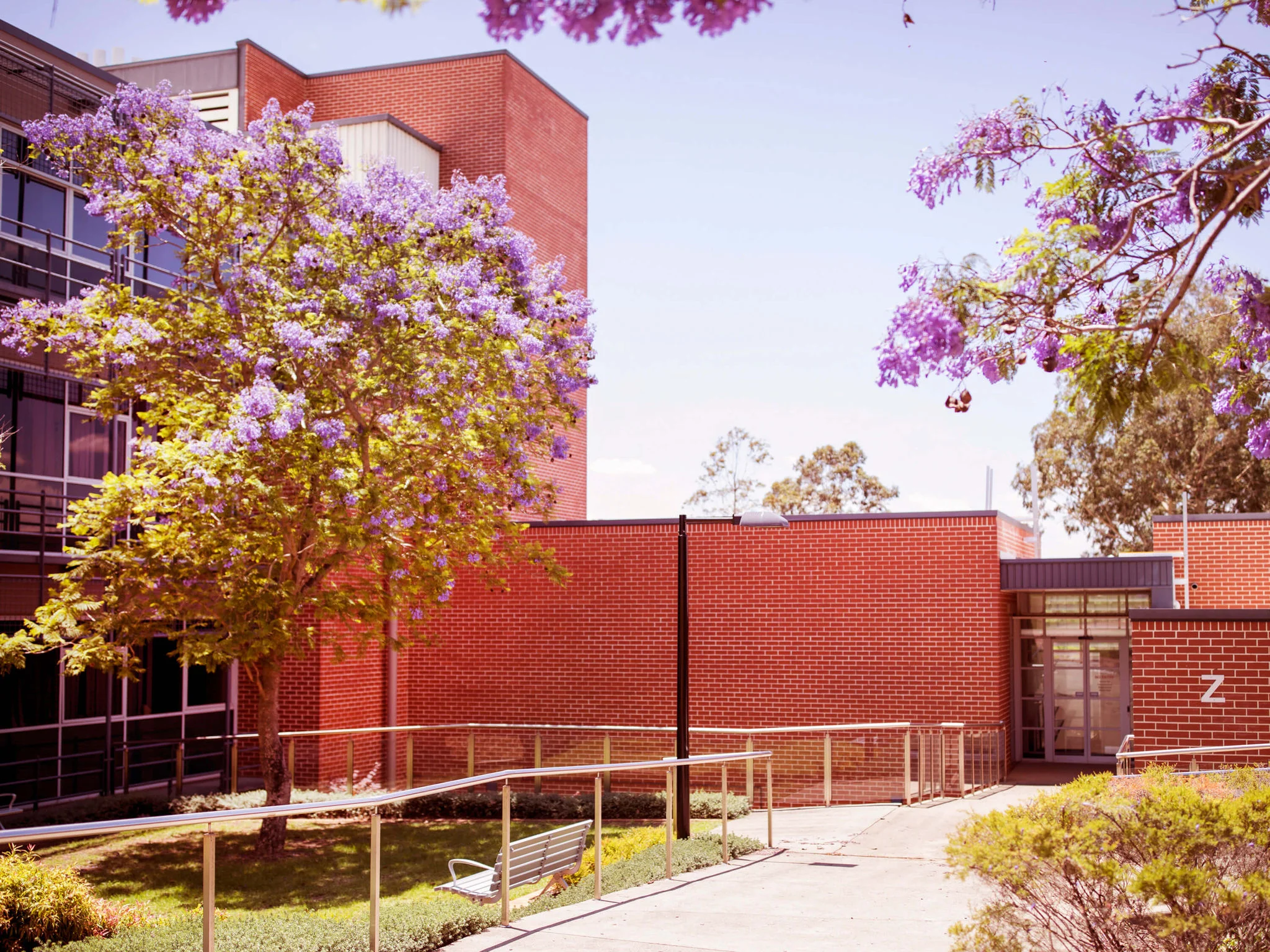Study and save: Discounted student fees are available through Commonwealth Supported Places (CSPs) when undertaking this course in 2026.
This program enhances specialist training at a postgraduate level and enables you to adapt to a dynamically changing technological environment.





